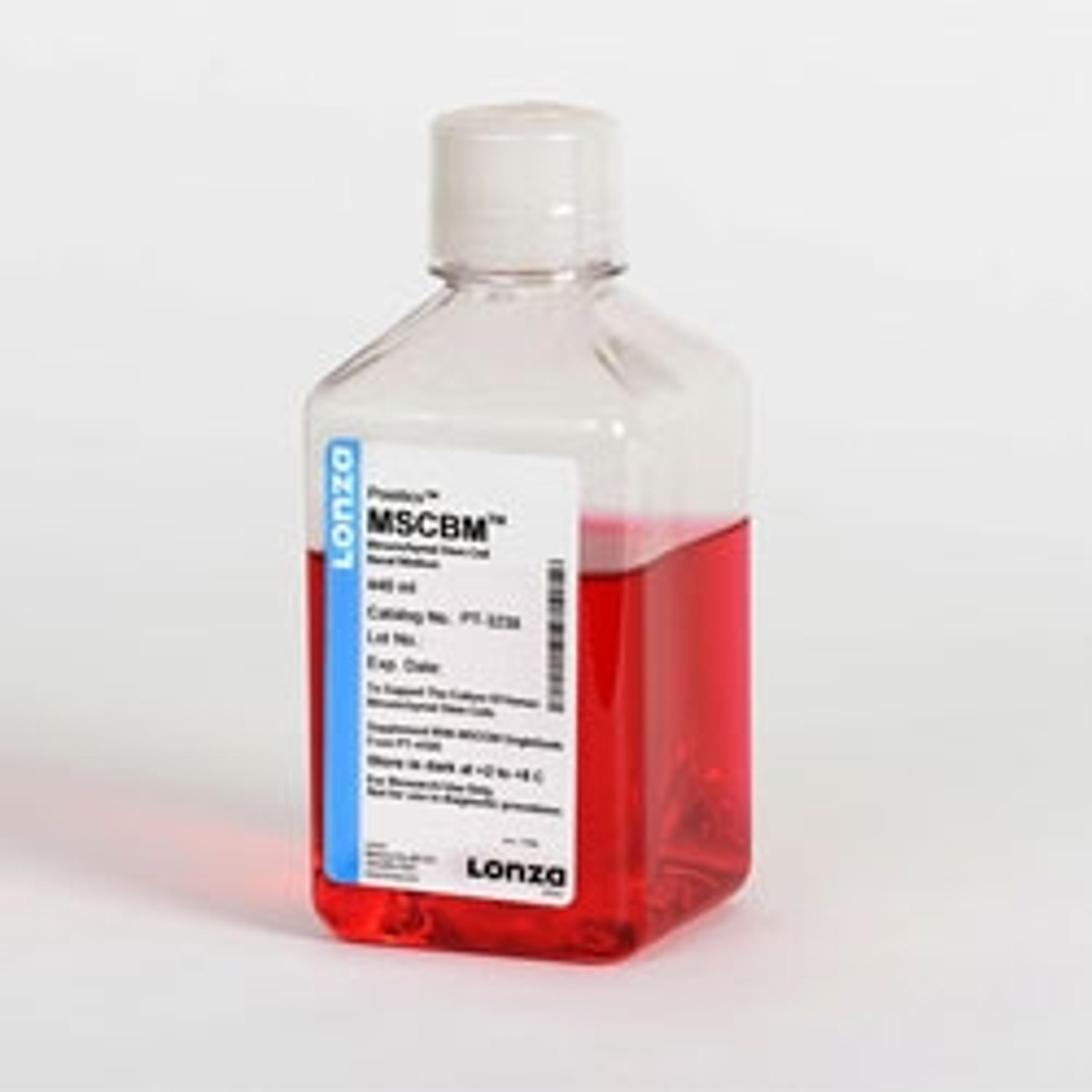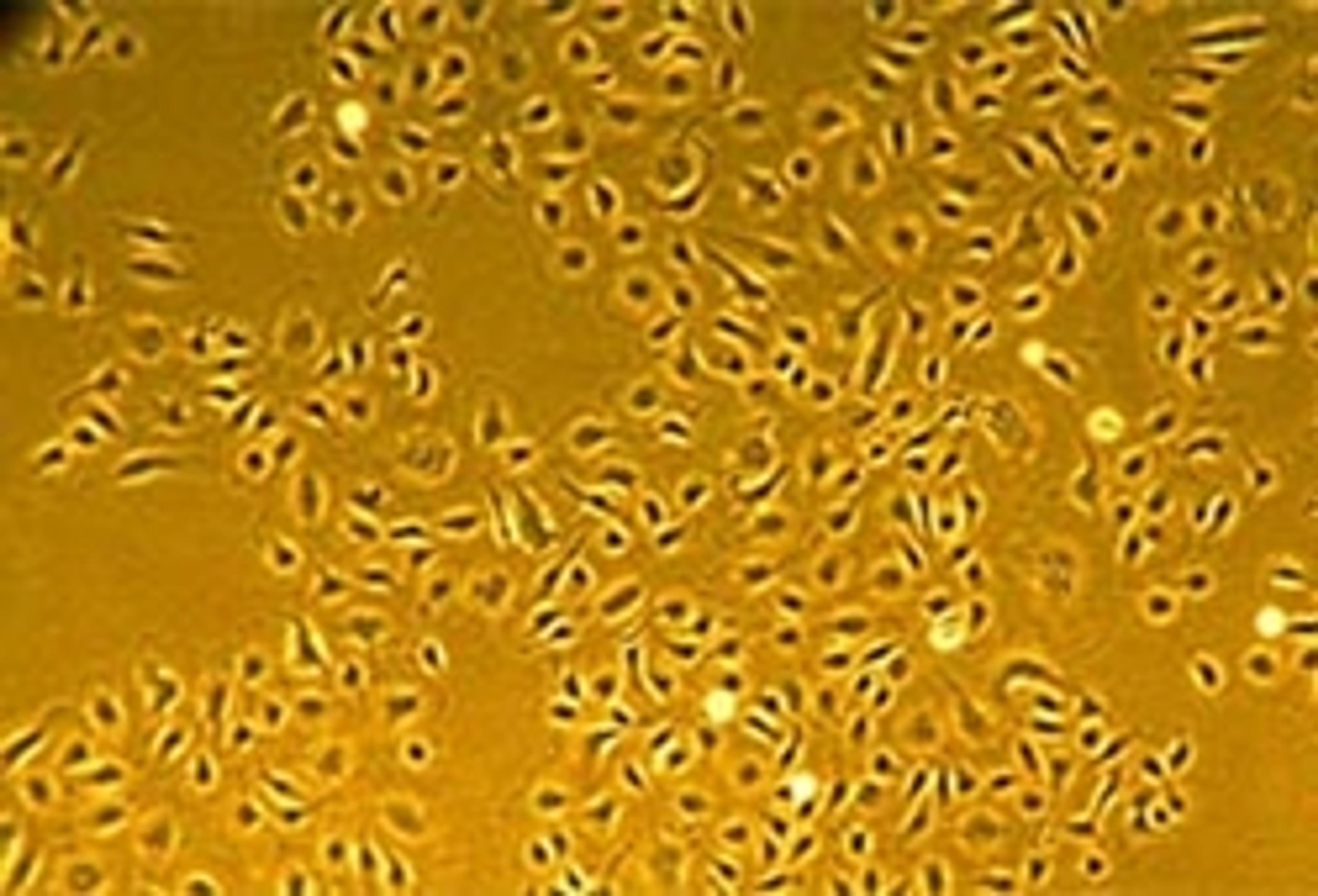Lonza announces new serum-free media to enable late-stage cell viability and maximize protein integrity
The eCHO™ Medium is ideal for the manufacture of recombinant proteins for medical use, including monoclonal antibodies and complex glycoproteins
19 Nov 2019
Results demonstrating the performance of the eCHO™ Medium will be presented at the 2019 PEGS Europe and Antibody Engineering and Therapeutics conferences
Nicole Wellens, Global Product Manager for BioTherapeutics Media, Lonza: "Biopharmaceutical researchers require access to high quality media that can deliver a constant flow of healthy and viable cells to expedite and optimize recombinant protein production. Lonza’s eCHO™ Basal Medium and Feed has been designed to meet this need. Drawing from more than 40 years of expertise in media development, we developed this new serum-free, chemically defined, hydrolysate-free and non-animal origin medium to enable late-stage cell viability and maximize protein integrity."
Lonza has further expanded its cell culture media portfolio with the addition of the eCHO™ Basal Medium and Feed, which has been designed to optimize protein production by delivering a consistent yield and highly viable cells while keeping lactate levels to a minimum for optimal protein integrity. Researchers working in the manufacture of recombinant proteins for medical use can now benefit from this new serum-free, chemically defined, hydrolysate-free and non-animal origin medium to advance cell proliferation and enhance productivity. The benefits enabled by using Lonza’s paired eCHO™ Basal Medium and Feed will be presented during the 2019 PEGS Europe (18-22 November, Lisbon, Portugal) and Antibody Engineering and Therapeutics (9-13 December, San Diego, California) conferences.
Chinese hamster ovary (CHO) cells are commonly used in the manufacture of biotherapeutics, such as monoclonal antibodies, complex glycoproteins and biosimilars. To facilitate the growth of healthy and viable CHO cell cultures for subsequent protein production, it is of utmost importance to use a high-quality medium. However, the lactate typically generated in the course of protein production can have a profound impact on protein integrity, leading to irreproducible, unreliable and misleading results, and even product failure. Furthermore, the clogging of the filters of protein purification systems and the associated product loss are among the most common challenges facing laboratories, and they can severely limit yield.
Lonza’s eCHO™ Medium has been specifically developed to address these challenges. Combining basal and feed medium each as a one powder product, the eCHO™ Medium enhances late-stage cell viability, accelerating protein purification and allowing for the production of a consistently increased amount of proteins per cell. By minimizing the generation of lactate, the medium also safeguards the integrity of proteins, considerably improving post-translational modifications.
The eCHO™ Medium is available in both liquid and powder formats to suit varying application throughput needs. Contrary to other similar media available on the market, the powder consists of a single component, minimizing preparation time for rapid and simplified production scale-up. Additionally, the cost-effective components used to produce the eCHO™ Medium mean that researchers can further benefit from a product that is reasonably priced.
Poster: eCHO™ Basal Medium and Feed for the CHO cells: Easy, Economical, Chemically Defined Animal Origin-Free, Simple One Part Formulation Medium for the Production of Monoclonal Antibodies
During the 2019 PEGS and Antibody Engineering and Therapeutics conferences, Lonza experts will present the results of a study whereby the eCHO™ Medium was used to produce monoclonal antibodies. The study demonstrated the ability of the new medium to deliver consistent product quality and performance, while being easy and economical to use. More specifically, Lonza will reveal how the eCHO™ Medium:
- Produced approximately 18 million cells per ml with a remarkable 95% viability
- Generated a low amount of lactate between 1.5 and 2 g/L, improving product integrity
- Produced consistently high titers of 3 g/L
- Facilitated the benchmarking and scalability of monoclonal antibody production using bioreactors instead of shake flasks
Key Dates to Note:
The poster presentations will be held at:
PEGS Europe (Protein and Antibody Engineering Summit)
- 20 November, 10:35 – 11:15; 15:25 – 16:15, 17:45 – 18:45
- 21 November, 10:35 – 11:15; 12.15 – 12:45
- In the exhibit hall at the Lisbon Congress Center, Lisbon Portugal
- Presenter: Nicole Wellens, Senior Product Manager at Lonza
Antibody Engineering and Therapeutics Conference
- 11 December, 10:00 – 12:00; 13:00 – 16:00
- 12 December, 10:00 – 12:00; 13:00 – 16:00
- In the exhibit hall at the Marriott Marquis San Diego, California, USA
- Presenter: Dr. Chandrasekhar Gurramkonda, Senior Scientist at Lonza
Further information about the eCHO™ Medium can be found via www.lonza.com/echo.
Do you use Lonza's products in your lab? Write a review today for your chance to win a $400 Amazon gift card>>


